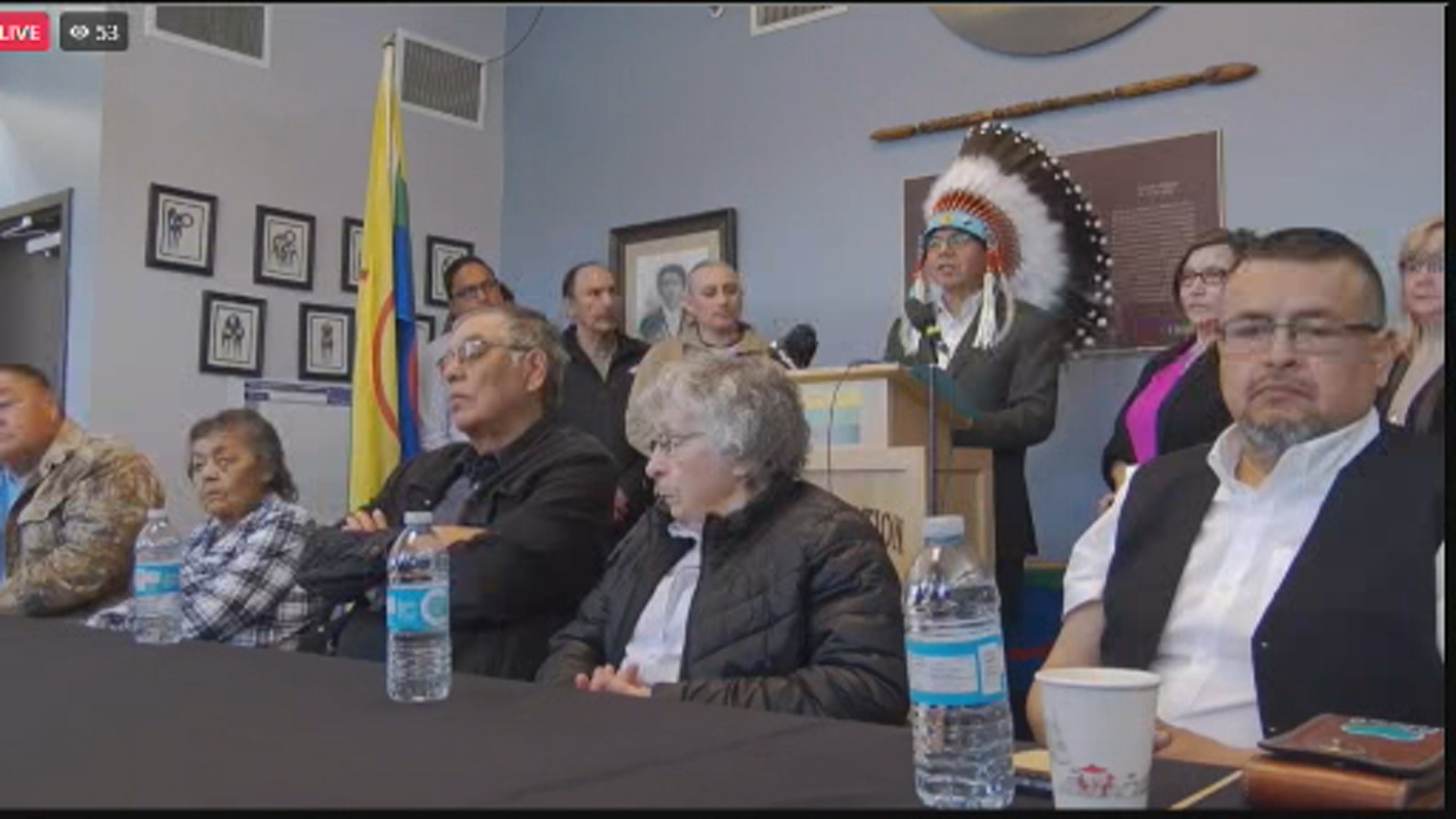Peguis First Nation in Canada declared a state of emergency due to ongoing issues stemming from flooding that occurred in the spring of 2022. Chief Stan Bird explained that the declaration was made not only because of the physical damage caused by the floods but also because of the impact on the mental well-being of the residents. Hundreds of people have been unable to return home due to the lack of housing in the community, leading to a significant decline in mental health, including increased depression, anxiety, and substance abuse among all age groups. As a result, the Peguis Wellness Team has shifted its focus to crisis intervention rather than proactive therapeutic models.
Chief Bird expressed frustration with other levels of government for their lack of action in response to the crisis in Peguis First Nation. He argued that displaced people globally receive more swift government assistance and referred to the situation as a humanitarian crisis that has been ignored in their community. When government agencies do try to assist, they are hindered by what the Peguis Wellness Team supervisor calls “systemic colonial rules,” which limit the team’s ability to provide the necessary support. Indigenous Services Canada has been called upon to provide resources to the community and allow the residents to lead the healing process themselves.
Patricia Caribou, supervisor of the Peguis Wellness Team, emphasized the importance of allowing the community to determine the best approach to mental health and overall wellness. She criticized the strict guidelines imposed on mental health therapists who come into the community and advocated for the recognition of the unique healing practices within the Peguis community. The community recently filed a $1-billion claim for flood damages against all levels of government, including the RMs of Fisher and Bifrost, although none of these allegations have been proven in court.
The situation in Peguis First Nation highlights the urgent need for government intervention to address the ongoing crisis resulting from the floods. The mental health and well-being of residents have been severely impacted, with many unable to return home due to the lack of housing in the community. The Peguis Wellness Team has been forced to shift its focus to crisis intervention, emphasizing the need for resources and support from Indigenous Services Canada. The community’s call for autonomy in determining and implementing healing practices underscores the importance of recognizing and respecting Indigenous ways of addressing mental health and wellness challenges.
The challenges faced by Peguis First Nation in the aftermath of the flooding demonstrate the deep-rooted issues of systemic neglect and inadequate support from government agencies. Chief Bird’s frustration with the lack of action on the part of other levels of government highlights the disparities in response to crises affecting Indigenous communities. The call for recognition of Indigenous healing practices and autonomy in addressing mental health issues reflects a broader need for decolonization and the empowerment of Indigenous communities to determine their own paths to healing and well-being. Indigenous Services Canada’s response to these calls for support and resources will be crucial in addressing the ongoing crisis and supporting the residents of Peguis First Nation in their recovery efforts.


